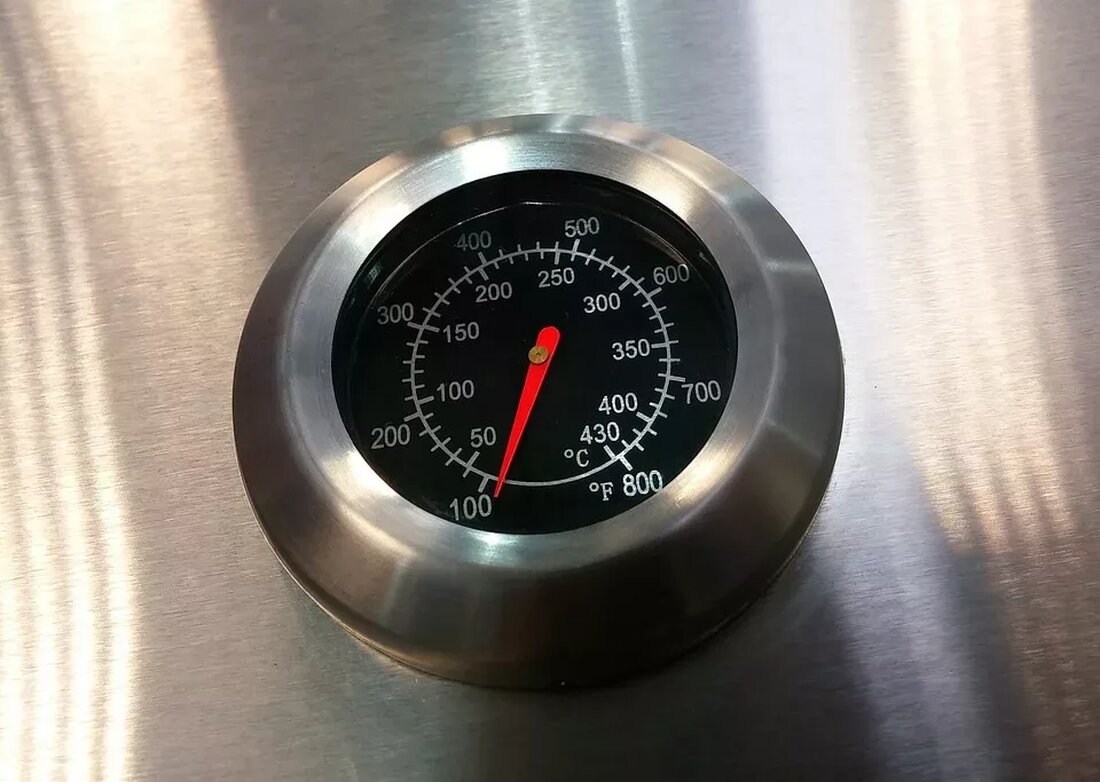Food Safety: Tips for at Home
Food Safety: Tips for at Home ## Food safety is an issue that affects us all. Whether we prepare our meals at home or eat on the go, it's important that we protect ourselves from food poisoning and other health risks. In this article, we will discuss some important food safety tips at home to ensure we can enjoy healthy and safe food. The Basics of Food Safety ## Before we get into the specific tips, it's important to understand the basics of food safety. 1. Hygiene: Good personal hygiene is crucial to protecting food from potentially harmful bacteria and other...

Food Safety: Tips for at Home
Food Safety: Tips for at Home ##
Food safety is an issue that affects us all. Whether we prepare our meals at home or eat on the go, it's important that we protect ourselves from food poisoning and other health risks. In this article, we will discuss some important food safety tips at home to ensure we can enjoy healthy and safe food.
The Basics of Food Safety ##
Before we get into the specific tips, it's important to understand the basics of food safety.
1. Hygiene: Good personal hygiene is crucial to protecting food from potentially harmful bacteria and other microorganisms. Before you begin preparing food, you should wash your hands thoroughly with soap and warm water. Avoid touching your face or hair while cooking or preparing food. Keep your countertops, cooking utensils, and dishes clean and use separate utensils for raw meat and other foods.
2. Storage: Proper storage of food is also of great importance. Food should be stored at the right temperature and in an appropriate location to prevent the growth of bacteria. Raw meat and fish should always be stored separately from other foods in an airtight container in the refrigerator. Keep the refrigerator clean and ensure temperatures remain consistent.
3. Preparation: When preparing meals, it is important not to allow raw foods to come into contact with cooked or ready-to-eat foods to avoid bacterial transmission. Make sure the food is cooked thoroughly to kill any potential bacteria present. Always use clean dishes and cookware and wash fruits and vegetables thoroughly to remove residues of pesticides or other harmful substances.
4. Expiry date: Regularly check the expiration date of foods to ensure they are still safe to consume. Avoid eating foods that have expired or show signs of spoilage.
Specific tips for safe food preparation ##
Now that we've covered the basics of food safety, we want to give you some specific tips to keep in mind when preparing meals at home.
1. Meat and poultry: Raw meat and poultry can contain potentially dangerous bacteria such as salmonella or E. coli. Therefore, it is important to cook these foods thoroughly to kill the bacteria. Use a meat thermometer to check the internal temperature of the meat pieces to ensure they are safely cooked.
2. Dairy products: Dairy products such as milk, yogurt and cheese can also contain bacteria. Make sure they are kept at a constant temperature when stored in the refrigerator and check the expiration date regularly. Avoid consuming expired or spoiled dairy products.
3. Fruits and vegetables: Wash fruits and vegetables thoroughly under running water to remove residues of pesticides or other harmful substances. If necessary, use a brush to thoroughly remove residue. Avoid eating rotten or spoiled fruits and vegetables.
4. Leftovers: When storing leftovers, make sure to quickly refrigerate them and consume them within a day or two. Make sure the leftovers are reheated thoroughly before eating them again.
5. Food safety for special dietary needs: If you have a specific diet such as a gluten-free, lactose-free or vegetarian diet, it is important to be aware of any specific food allergies and intolerances. Check food labels to make sure they are right for you and use caution when preparing meals to avoid cross-contamination.
Sources ##
Food safety is an important topic and there are many reliable sources that provide further information. Here are a few that can help you deepen your knowledge of food safety:
– Federal Institute for Risk Assessment (BfR): www.bfr.bund.de
– Consumer advice center: www.verbraucherzentrale.de
– Federal Center for Nutrition (BZfE): www.bzfe.de
It is important to pay attention to current information and recommendations as food safety guidelines may change over time.
Conclusion ##
Food safety is an important issue and affects us all. By using basic hygiene practices, proper storage and preparation techniques, we can reduce the risk of food poisoning and other health problems. By following the tips mentioned, we can ensure that our meals at home are safe, healthy and tasty.

 Suche
Suche
 Mein Konto
Mein Konto
